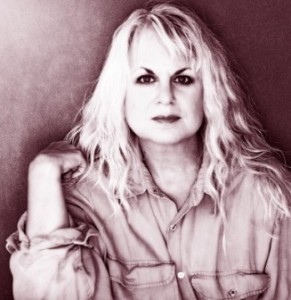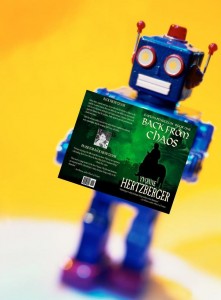 Guest post
Guest post
by Lorraine Devon Wilke
While out on my journalistic beat covering certain aspects of the Amazon/Hachette debate, I’ve had occasion to discuss the prevailing attitudes of some who continue to frame self-publishing as “the realm of the subpar,” as one snarky commenter put it.
It seems, despite impressive statistics, celebrity authors, economic boosts to the industry, and overwhelming acceptance by readers (who don’t give a hoot who publishes the books they like), self-published authors and their books remain marginalized in a variety of ways. Most larger newspapers and magazines will not review them, certain books sites (i.e., Oyster, ”Netflix for books!”) won’t carry self-published titles; book conventions have tucked self-published authors away into back rooms (reminding one of the card table at family dinners!). One journalist went so far as to say self-published books could “never” be on a par with those put out by publishers, and even other authors sniff about the “lesser” quality of self-published books.
And as much as we indies can raise a ruckus about the unfairness of all this, there’s just one problem: in some ways, they’re right. The freedom to self-publish has not always translated into an impeccability in how it’s done, and that has led to a book table, so to speak, flush with… hate to say it… “subpar” product. Continue reading “The Persistence of Self-Publishing Stigmas and How To Transcend Them”
Like this:
Like Loading...
 The assignment I volunteered for seemed simple at first. Take four terms to describe different publishing entities and explain the differences.
The assignment I volunteered for seemed simple at first. Take four terms to describe different publishing entities and explain the differences.


